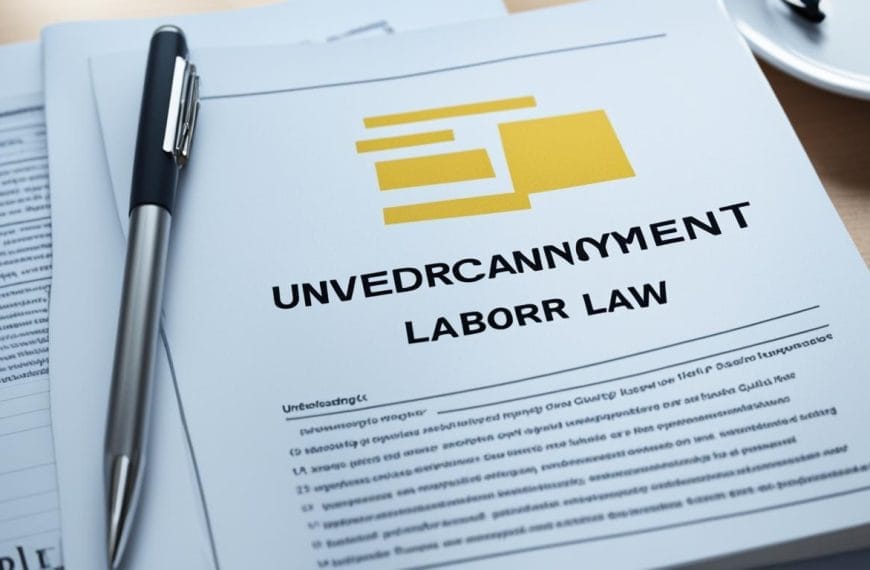Understanding and implementing regulations surrounding working hours is crucial for both employers and employees to ensure a safe and healthy work environment.
Key Points from OSHA:
- No Direct Limits: OSHA does not dictate specific limits on daily or weekly working hours.
- Focus on Hazards: OSHA prioritizes addressing potential hazards arising from extended or unusual shifts, such as fatigue, reduced alertness, and increased accident risks.
- Employer Responsibility: The Occupational Safety and Health Act’s General Duty Clause mandates employers to provide a workplace free from recognized hazards, including those stemming from prolonged work hours.
Addressing Fatigue-Related Risks:
Employers can implement various strategies to manage fatigue risks:
- Mindful Scheduling: Minimize excessively long shifts (over 12 hours) and consecutive shifts without adequate rest periods.
- Regular Breaks: Provide frequent breaks during shifts and longer breaks between shifts.
- Monitoring for Signs: Be mindful of fatigue signs in employees, such as declining performance, errors, or irritability.
- Education and Training: Educate employees about fatigue risks and effective management strategies.
Additional Considerations:
- State Laws: Specific state regulations regarding working hours or overtime may exist. Always consult your state’s labor laws.
- Industry-Specific Rules: Some industries, like transportation or healthcare, have stricter working hour guidelines due to safety concerns.
Where to Find More Information:
- OSHA Extended/Unusual Shifts Guide: https://www.osha.gov/emergency-preparedness/guides/extended-unusual-work-shifts
- OSHA on Worker Fatigue: https://www.osha.gov/worker-fatigue
Important Note:
This article is not intended as legal advice. Consult with an employment lawyer or your local labor department for specific questions related to working hour regulations.













